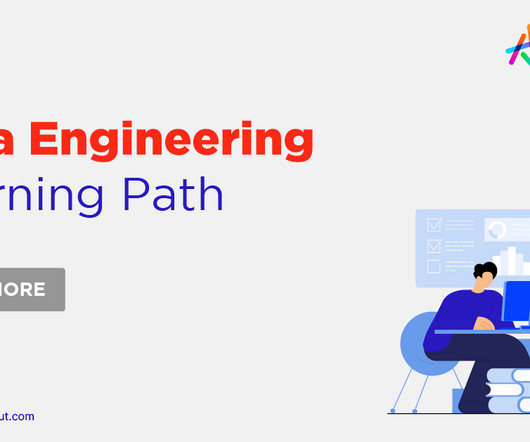What is Data Engineering? Skills, Tools, and Certifications
Cloud Academy
JANUARY 27, 2022
For example, you can learn about how JSONs are integral to non-relational databases – especially data schemas, and how to write queries using JSON. Some good options are Python (because of its flexibility and being able to handle many data types), as well as Java, Scala, and Go. Rely on the real information to guide you.











Let's personalize your content